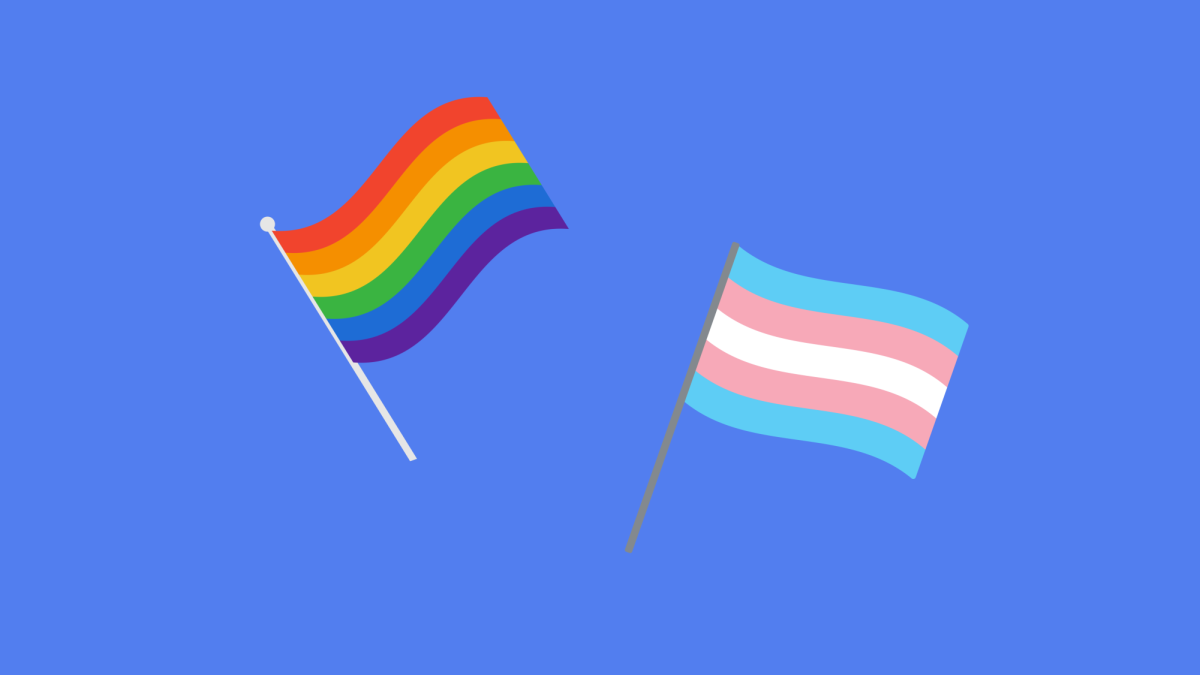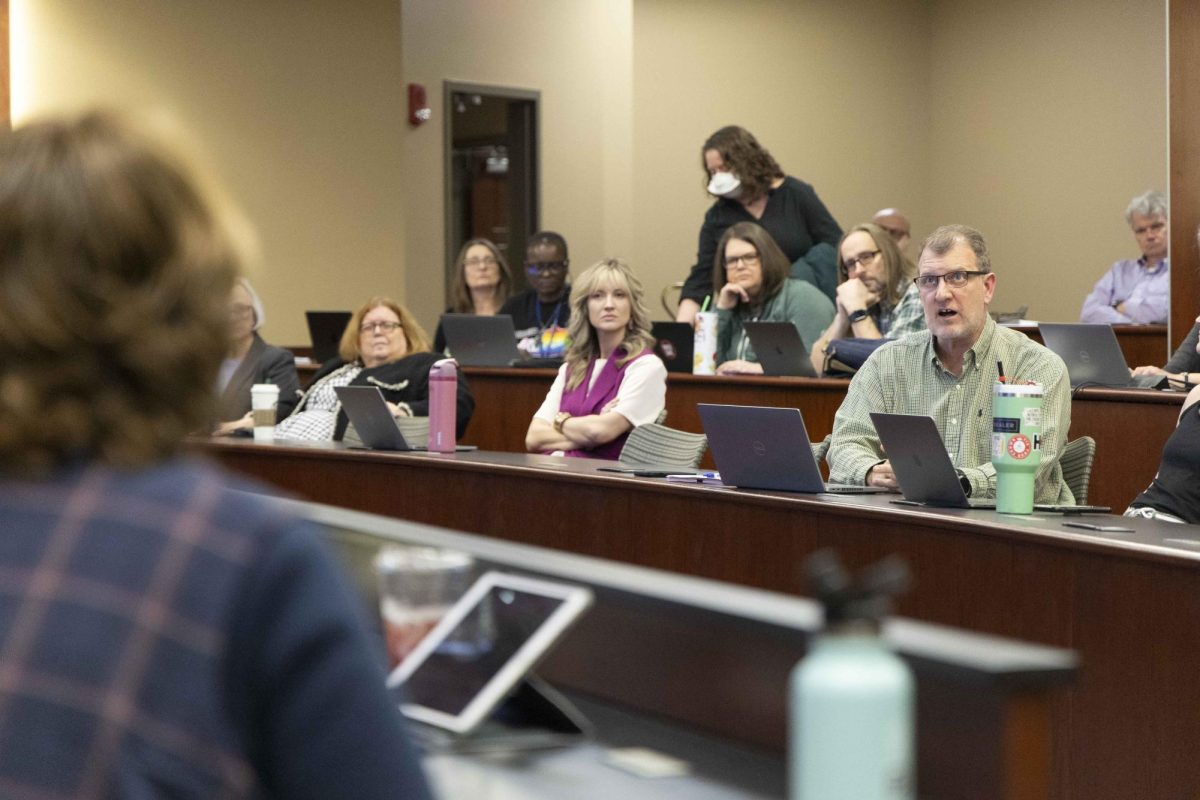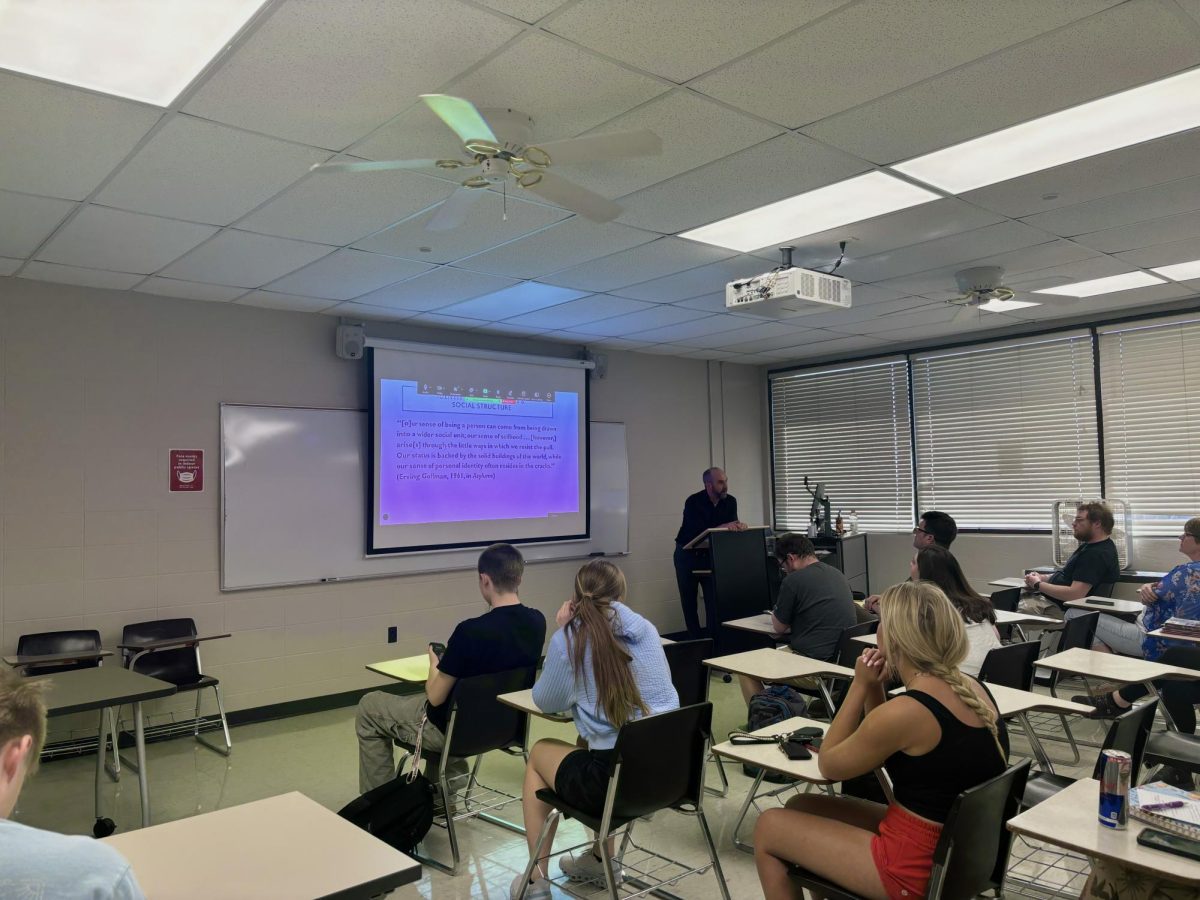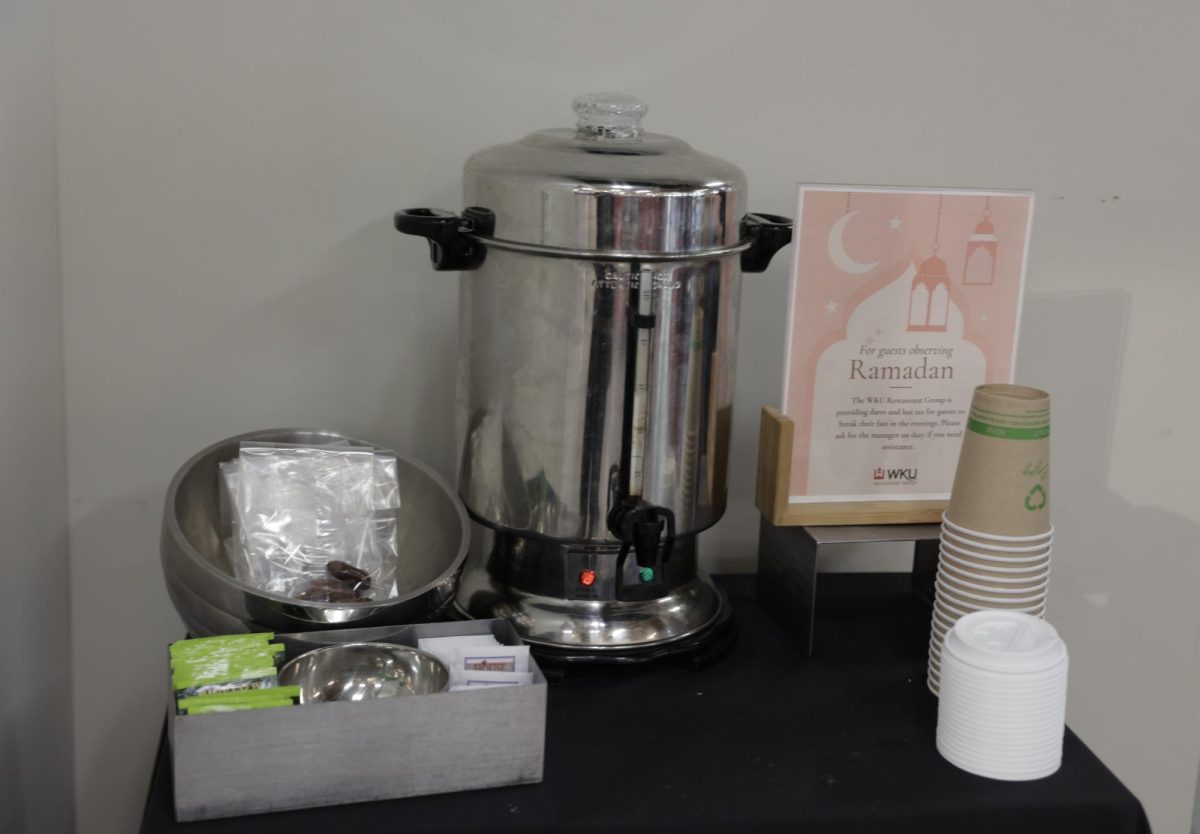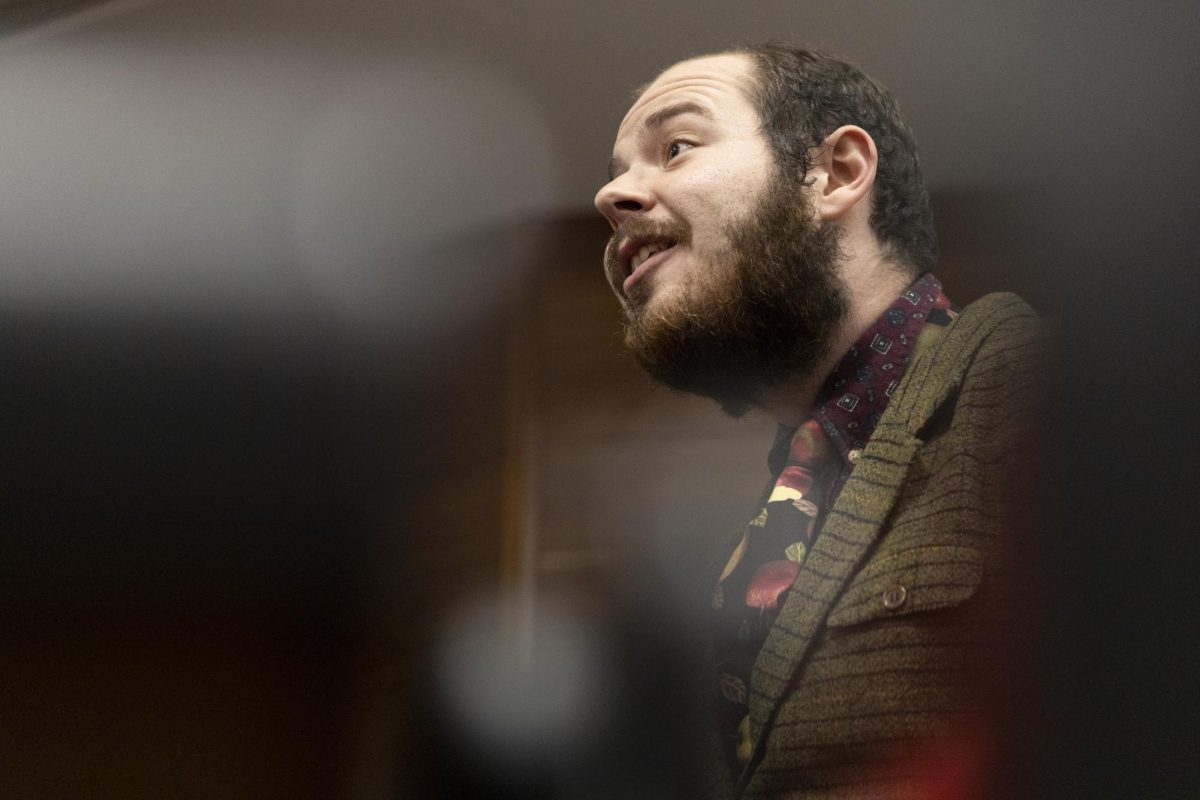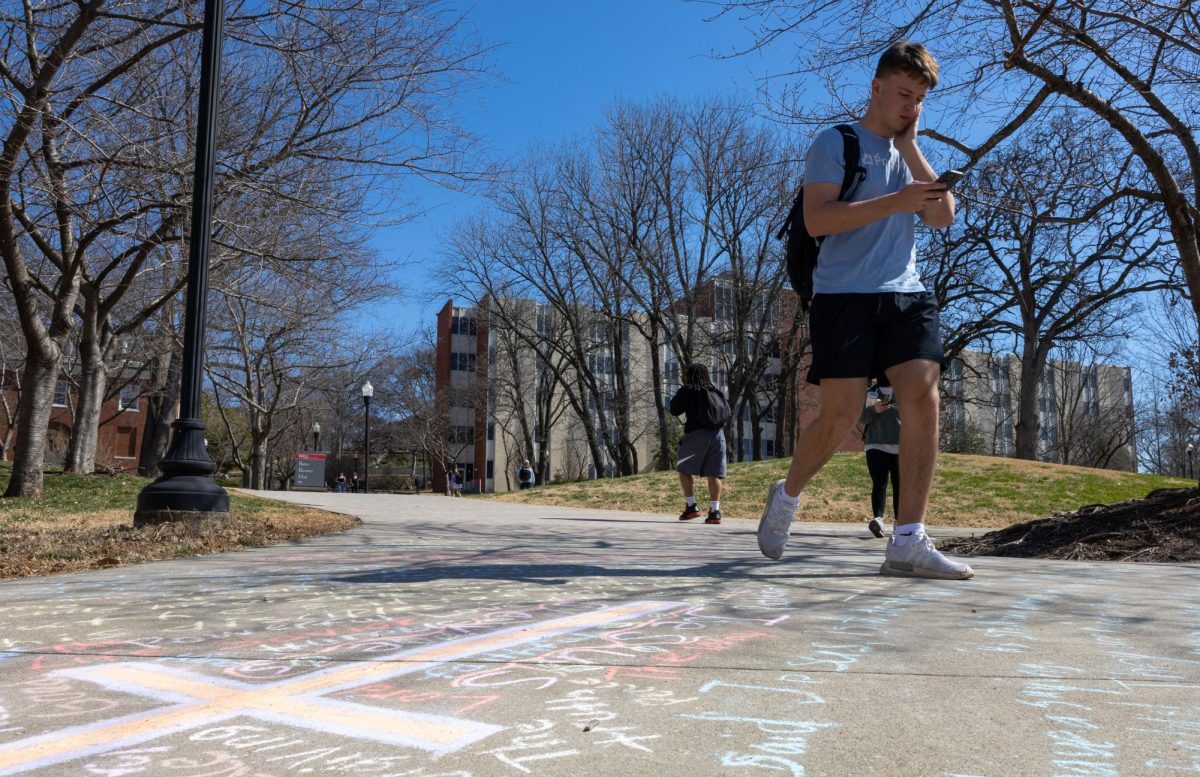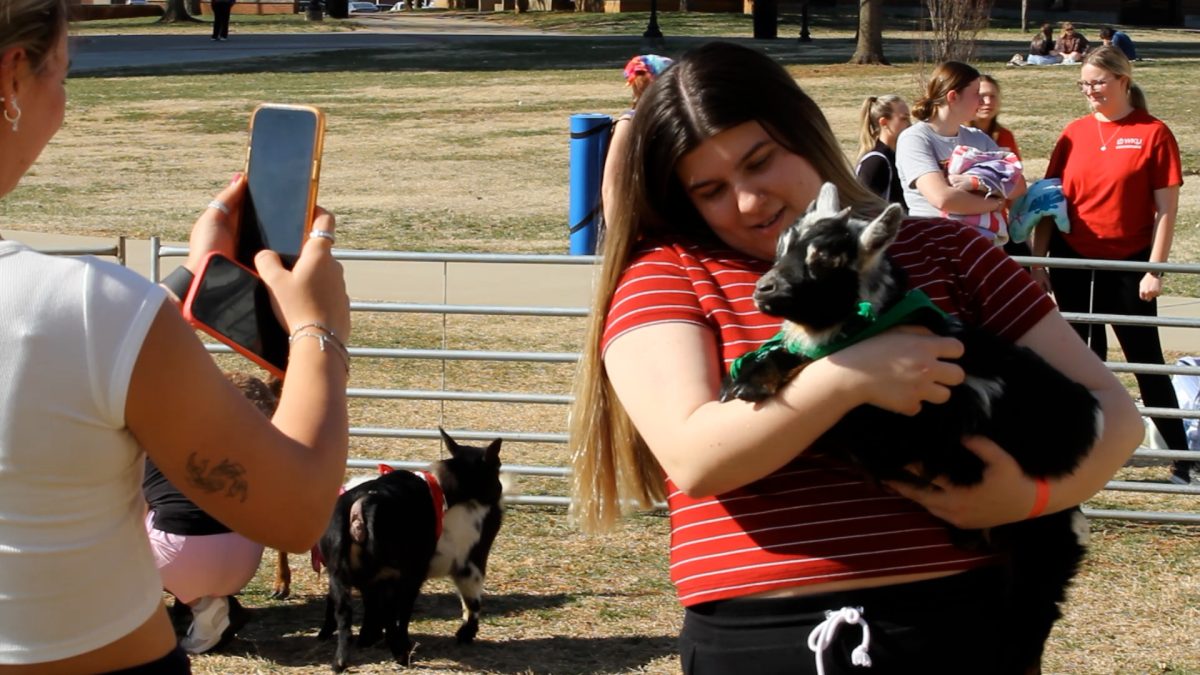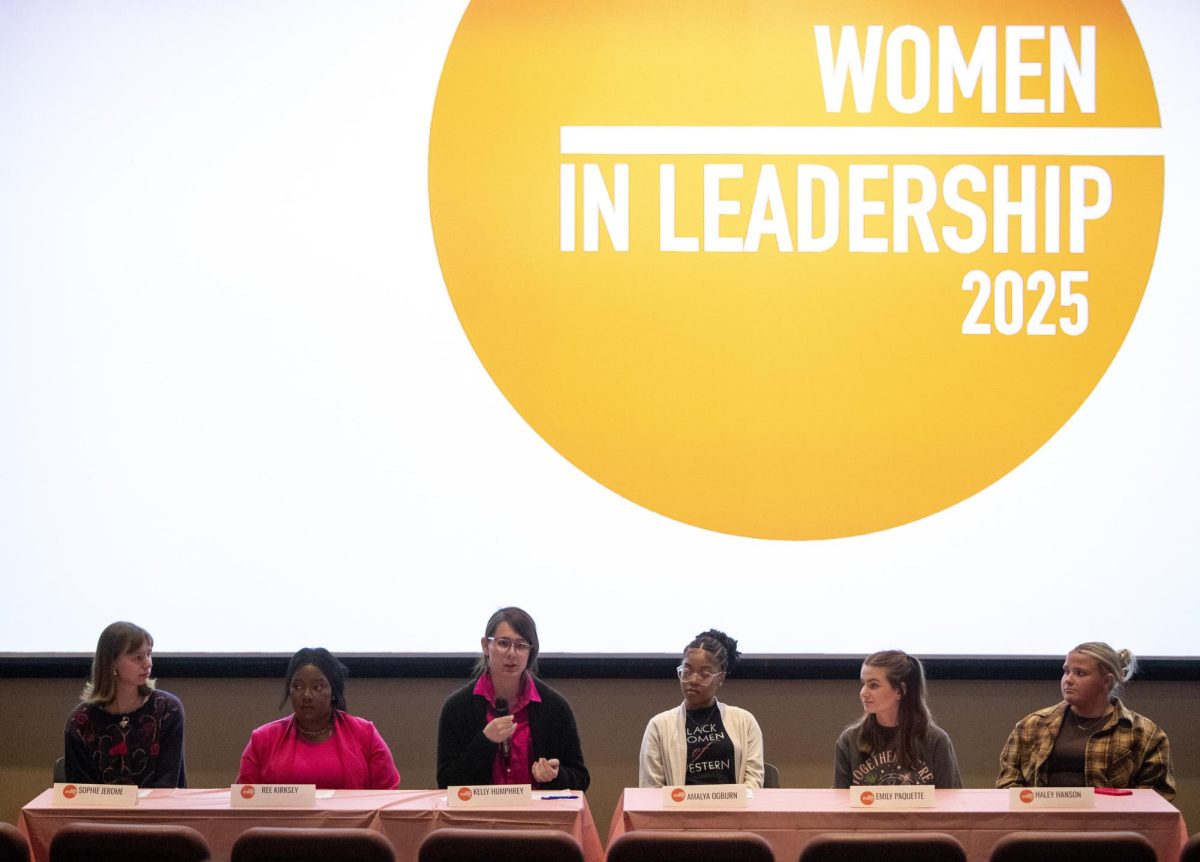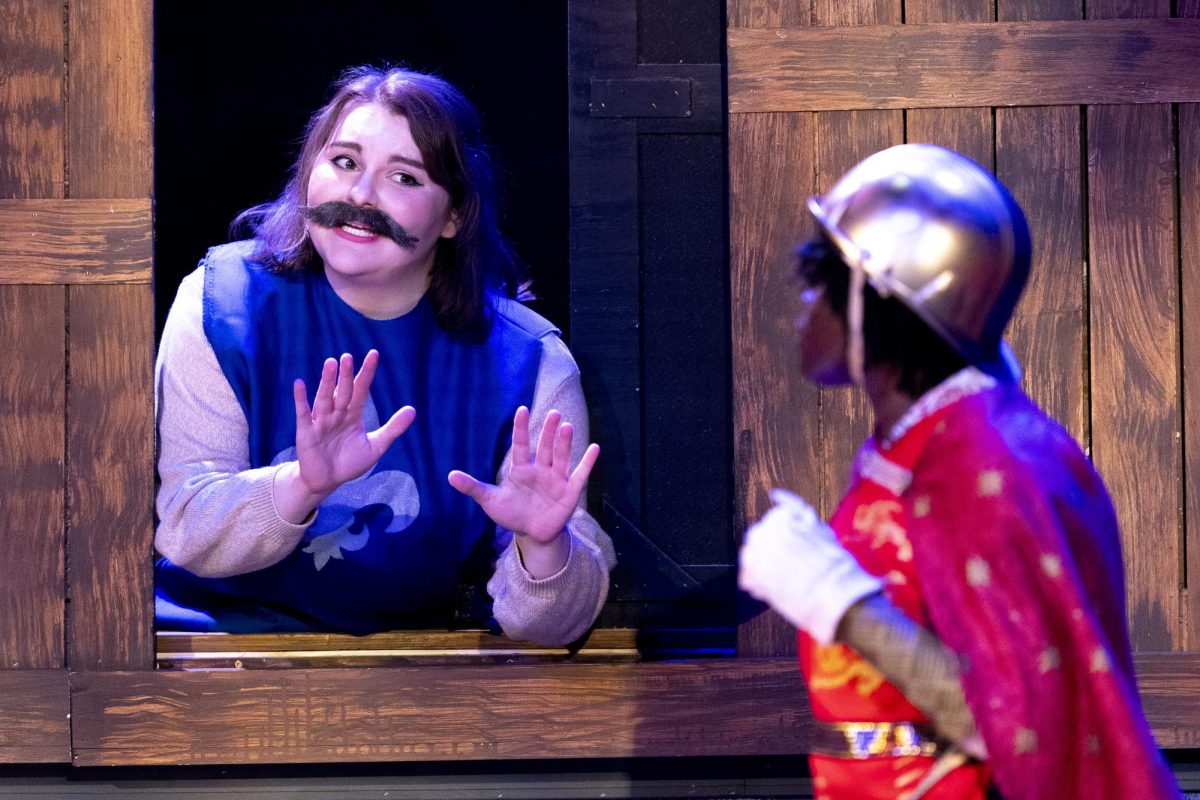Music education sophomore Sylvia Dodd inherited a subgroup of the Queer Student Union called Trans Non-Binary, or TNB, but when nobody showed up to the group’s last meeting of the term, Dodd decided to start anew.
The Gender Identity Alliance is a student organization that aims to “raise awareness about something that is not the cisgender norm that most people are used to,” Dodd, the president of GIA said.
The Alliance’s first meeting will take place next Wednesday, Jan. 31, at 6 p.m. inside the Pride Center at Downing Student Union.
Dodd decided to pursue her degree at WKU for several reasons. In addition to offering “top in the state” education, she said the school was a place where she was comfortable coming out as transgender. While her experience on campus has generally been free of transphobia – “the music department is very much accepting and very supportive,” she said – this is not the case for other members of the queer community.
Being the Public Relations officer for QSU showed Dodd the impact student organizations can have on students. The Union, she said, was making a difference and helping a lot of people, some of whom created TNB.
TNB, Dodd said, was “active-ish” and rather confidential – not a lot of people on campus knew about its existence. When students stopped coming to TNB’s meetings, Dodd began thinking about rebranding the organization.
“I remember seeing all the news about the trans legislation that was trying to be passed, and how much hate the trans community was getting from a governmental perspective, and I realized that maybe what we need isn’t a private confidential group,” she said.
In March 2023, the Kentucky General Assembly passed Senate Bill 150, overriding Kentucky Gov. Andy Beshear’s veto. The bill, which the American Civil Liberties Union of Kentucky deemed “one of the worst anti-trans bills in the country,” aims to prevent trans Kentucky youth from receiving medical care.
“What we need is a voice – someone or a group of people that can really say: ‘Hey! We are here, regardless of what you say. There’s more of us than you think, and it’s okay to be ourselves,’” Dodd said.
Dodd explained the organization strives to represent a variety of queer people.
“The reason that we named ourselves Gender Identity Alliance is because we don’t want to make it seem like it’s an organization that is specifically for trans people or specifically for non-binary people because there is a whole number of different identities out there,” she said.
Half of GIA’s meetings will be devoted to “serious activities” meant to raise awareness about pertinent issues that affect the community.
“For example, this bill was passed. What does that mean? Here’s how we can combat that and here’s why this is important. And we will be going more into the details of why you should be active in protecting everyone,” Dodd said.
In the future, she hopes to not see legislation that bans gender affirming care.
“You can’t just say that you’re not allowed to exist because, really, that’s just basic human rights,” she said. “You’re allowed to exist.”
In addition to meetings that will foster advocacy, the Alliance also plans to have evenings of fun activities, such as fingerpainting or playing the Jackbox, that will contribute to community building.
GIA Vice President Julie Crosslin, who is working towards her master’s degree in social work, found out about QSU and TNB through her mother, who along with the rest of Crosslin’s immediate family, were “completely supportive” of her coming out.
“I get the vibe that it isn’t common for people in the LGBTQ+ spectrum to have unconditional acceptance from everyone who’s important to them when they come out; so, it’s really useful to have as many sources of community support as possible, to lean on and help out with whatever they’re dealing with,” Crosslin said. “I think that’s what GIA can be – I think it can be a place for community and support to people.”
Additionally, GIA aims to provide queer students with material support. The Alliance is now accepting applications for gender affirming items worth up to $50, Dodd said, which will be purchased and given to students who need them. Items that students can request include gaffs and binders, some of which can cost up to $75, she said.
“Not everyone can afford to get gender affirming accessories and things, so we really want to help out and alleviate whatever financial stress there may be,” Salem Livingston, GIA’s records keeper and theater major said.
The deadline to apply for the gender affirming items program is next Wednesday, and the link for the application, as well as the schedule of GIA’s meetings, can be found on the organization’s Instagram at @giawku.
“Everyone has gender, right? Everyone deserves to be supported in what they want their gender to be. Hopefully, we will be able to help people, affirm that gender and create a friend group that is supportive,” Livingston said.
News Reporter Mariia Novoselia can be reached at mariia.novoselia765@topper.wku.edu



